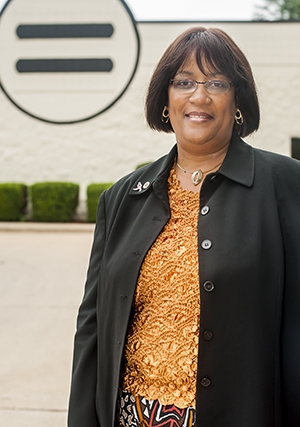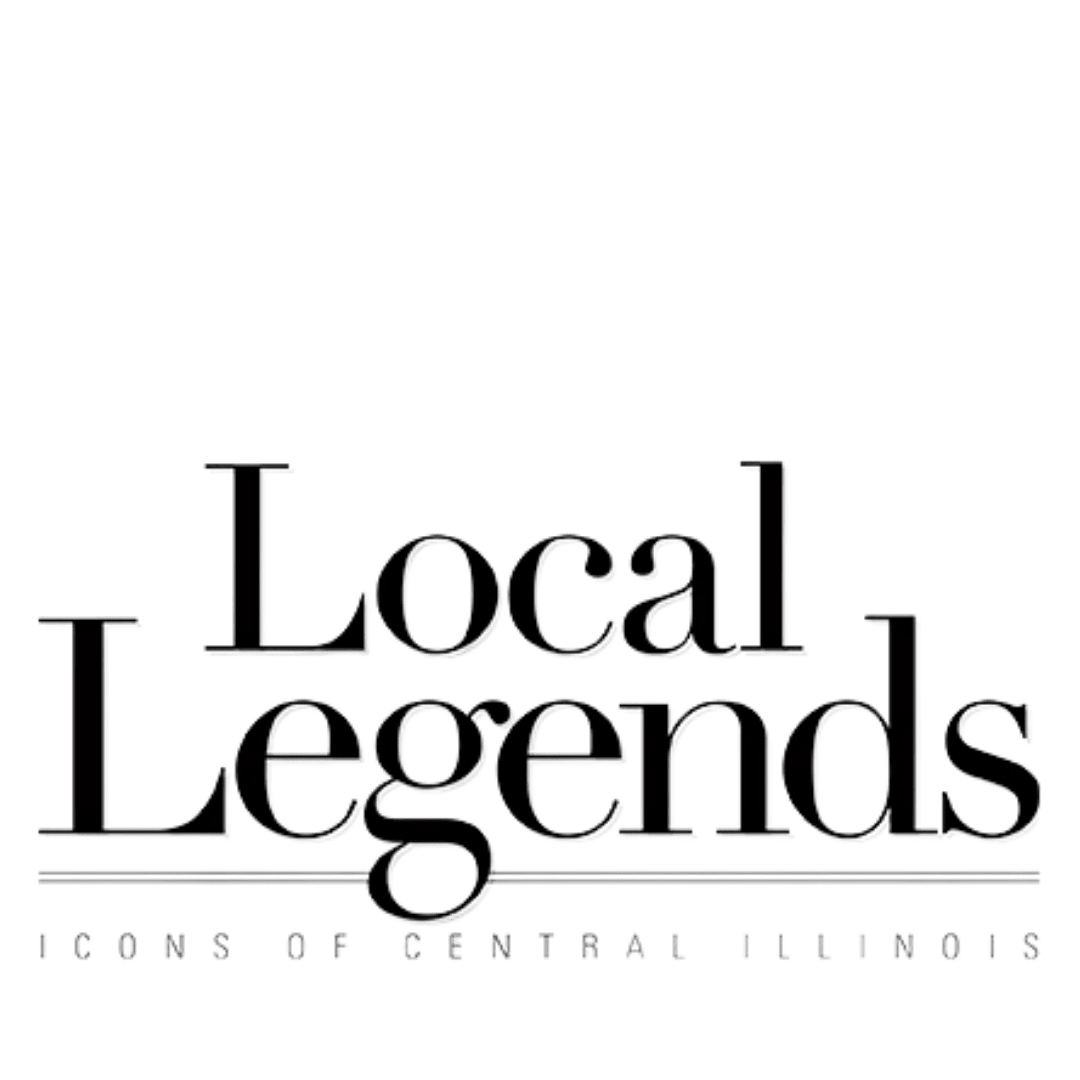A community leader, uplifting the underserved through social and economic opportunities
As president of the Tri-County Urban League, I manage several successful programs that focus on empowering individuals to improve their skills in order to become an active part of the mainstream of society. Programs are being sought out daily to increase educational levels, economic stability and parenting skills to improve family environments and provide safe, nurturing homes for children. I also contribute to the community by advocating for disadvantaged people and ensuring their inclusion in policy decisions being made on a daily basis. I promote the mission of the Urban League: to advance the regional economy and quality of life in central Illinois by promoting education and improving the employability skills, self-sufficiency and social well-being of African Americans and people in need.
Tell us a little about your educational background and how you got started on your career path.
My educational experiences have been very fulfilling in the sense of allowing me to meet my personal goals and access greater opportunities. Obtaining a degree in elementary education at Bradley University allowed me to reach my first career goal: to become a teacher. Many family role models were teachers, and I knew I wanted to follow in their footsteps. After reaching that goal and teaching for seven years, I set another career goal of becoming an attorney to assist the underserved so they can have good legal representation. St. Louis University provided an excellent legal education from both an academic and a practical perspective. By participating in civil and criminal clinic programs while in law school, I was exposed to many practical applications of the law—as well as some of the inequities that exist for people of color.
Tell us briefly about how family influenced your commitment to building community and helping others.
Growing up, I was taught from an early age to work hard, be honest, overcome obstacles, support family and treat others as you would want to be treated. Having a mother and grandmother who were both teachers, a sense of service to others was modeled on a daily basis. There was also a strong culture of academics and lifelong learning. I learned from both parents to work hard and be the best you can possibly be in every endeavor—to always do your best and strive for excellence. “Can’t” was not to be a part of my vocabulary because I was always told, “You can do anything you put your mind to.” Both parents taught me to take pride in my work and my community, and to help others whenever you can. I have never forgotten those lessons.


Please reflect upon your major accomplishments in recent years.
My major accomplishments in recent years have been to build on the strong foundation of the Urban League through fundraising efforts, strengthening existing programs and developing new ones. Enhancing special events and engaging new donors to support Urban League programs has improved over the past two to three years. We have also been able to serve ex-offenders and re-engage service to out-of-school youth, assisting more individuals to improve their education and job readiness skills and secure gainful employment.
The Urban League has been a strong organization in the Peoria community for the past 50 years, maintaining fiscal responsibility while improving the lives of generations. This has been possible because of strong board leadership over the years—and consistent staff leadership as well. The organization has had only two executives in the past 50 years, which has provided the continuity necessary for long-term success.
What is your leadership philosophy?
My leadership philosophy focuses on the inclusiveness of opinions and teamwork. Good leaders are open to opinions and suggestions, yet able to analyze available information and make the best decision for the organization. Once a decision has been made, it’s important to work together to implement the decision, with each team member playing a role in completing the task or project. It is also important to understand the skill level of team members to effectuate the goals and objectives to complete the mission of the organization.
As a leader, it is my duty to assist people in collaborating with agencies, social institutions, government and business to work together and address difficult problems within the community. A good leader needs to understand the service area and the needs, strengths and potential of the clientele the organization serves in order to help the community grow and prosper. I emphasize training, research and data analysis to help improve service delivery and stay abreast of problems that may confront our community.
What do you consider to have been the most pivotal point in your career?
The most pivotal point in my career was completing law school. After graduating from law school, more career opportunities were available to me. With my educational background and legal training, there were leadership options that would not have existed otherwise, and the skills I acquired in law school were transferrable to many employment disciplines. With my law degree, I made the transition from a teaching career to a broader social-service focus and community-minded approach to solving problems.
What advice would you give to a young, up-and-coming female professional?
The advice I would give to a young female professional would be to work harder than expected and be sure to build a support network that you can rely upon. This support network should be professional as well as personal. Your professional support network should include mentors you can rely on to warn of professional pitfalls you may not have thought about. Your personal support network should include a close group of like-minded individuals to brainstorm ideas with, as well as those who can provide the personal support needed to be a successful professional.
As a female, the rules are often not the same as for male professionals. Even in the most progressive companies, old habits are hard to break, and people tend to remain in spaces that are most comfortable for them. In a predominantly male environment, it’s often difficult for females to be taken seriously or have their opinions respected. Support networks can help overcome these obstacles for a successful career. iBi






